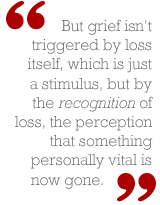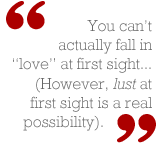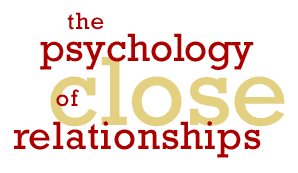







|
Good Grief?
What is grief? The word itself has the same roots as the words "grave" and "gravity," referring to weight or heaviness. Thus a loss "presses" upon you, takes your breath away and leaves you unable
to function. It cannot easily be pushed aside, and we wait for it, in some time, to "lift." The term "grief" refers to the complex of thoughts and feelings attendant on loss; the term "bereavement" suggests the process of
coping with both loss and grief. The emotions of grief include sadness, of course, and anger, but also unexpected reactions that are hard to accept or admit: numbness, relief, euphoria -- and sometimes no
identifiable emotion at all. Bystanders urge you, "Go ahead, give in, get it out of your system," as though hysteria or a crying jag would be uniformly cleansing.
But grief isn't triggered by loss itself, which is just a stimulus, but by the recognition of loss, the perception that something personally vital is now gone. Go back for a minute to the first vignette, in which Neil
returns from a trip apparently having decided to break up with Jennie, but never tells her why. Maybe he met someone else; maybe he realized, during his time away from her, that he didn't want their relationship after all. Having made
his decision, he takes action, ducking her calls and avoiding mutual friends. But Jennie never has the chance to make the decision, to become angry with Neil or get tired of their relationship.
For Jennie, the loss is what writer Murray Davis calls a "sudden death" breakup. For a long time Jennie feels and acts like a trauma victim, going through motions, not sure what has happened. Yet she also knows Neil is "alive and
well" out there somewhere, so that every day is a day of being rejected. Neil's life without her is abiding proof that she is, to him, expendable; the way he handled the rejection proves that she doesn't even deserve the courtesy of a
face-to-face admission. As a consequence, Jennie feels bad about Neil, the relationship and herself. For his part, Neil feels guilty and anxious to avoid running into Jennie -- a difficult feat in when they have overlapping interests and
circles of friends. Neil's inability to communicate honestly with Jennie creates ongoing difficulty for both of them and their friends.
Why must loss hurt so much? What possible good can come from grief, when it is the "great leveler," something almost all of us will experience? In fact, the answer lies with the heritage of pain in
general. Physical pain is part of our evolutionary legacy, it warns us to avoid harmful situations and actions, as if the primitive brain were admonishing you: "This hurts -- so don't put your hand on that hot stove again!" The lesson of
psychological pain is of course more complex. It's not advising us to avoid or reject closeness to others; obviously, we need others to survive and thrive -- that's been a theme of this course. However, suffering after loss can
remind you not to enter lightly into a risky, unstable or unknown terrain of intimacy.
Perhaps this is why love at first sight is interesting: it's rare because it's risky. Refer back to our earlier lesson on "Love": You can't actually fall in "love" at first sight -- love is based on thoughts, knowledge and behavior,
not just physical reactions. (However, lust at first sight is a real possibility). If you are strongly attracted to someone but have no knowledge or "references," you will be at risk if you go any further, for a range of torments
including pregnancy, disease, rejection, social judgment and certainly hurt feelings. Among our ancient forebears, those who had no natural inclination to avoid the risks often paid the price. Sick, pregnant, abandoned or ostracized, their
chances for survival were slim, and perhaps they died off and took their foolhardy genes with them. We today are the descendants of their more cautious clan-mates, who took fewer risks at the outset, maintained their pair bonds more
effectively. The pain of grief reminds us to avoid unnecessary losses by avoiding unnecessary risks, and seeing through those commitments we do make.

|



